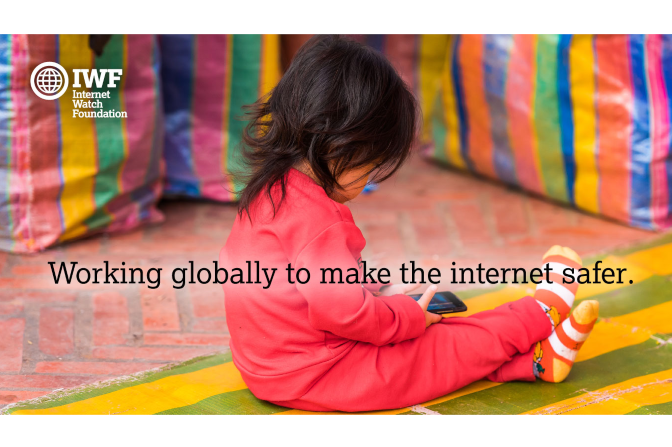Article
Hotline & Network Updates
IWF launches nine international reporting portals for child sexual abuse material during the coronavirus pandemic
The COVID-19 pandemic has lent greater urgency to tackling online threats. People living in Madagascar, El Salvador, Malaysia, Senegal, Indonesia, Mongolia, Mali, Haiti and Pakistan now have a dedicated IWF reporting portal to report videos or images of child sexual abuse they see on the internet. This is to ensure they can be safely assessed and removed by trained analysts.
The portals have been set up by the Internet Watch Foundation and several organisations in the hosting countries. The organisations working in partnership with IWF in each nation are: The Ministry of Population, Social Protection and Women’s Empowerment of Madagascar, the NGO Youth First and UNICEF Madagascar; the Government of El Salvador, through the Secretary of Innovation of the Presidency and the United Nations Office on Drugs and Crime (UNODC); Childline Foundation in Malaysia; the Government of Senegal, through the Cellule d’Appuie a la Protection de l’Enfance (CAPE); ECPAT in Indonesia; UNICEF Mongolia and the Communications Regulatory Commission of Mongolia (CRCMN); Rapha International in Haiti; Peace One Day, and the Malian Government in Mali; and the Digital Rights Foundation (DRF) in Pakistan. All the portals were set up with funds from the Global Partnership to End Violence against Children.
Susie Hargreaves, CEO of the IWF, said: “It’s really important the world doesn’t take its eye off the suffering of children – and their suffering is being amplified online every day when criminals share images and videos of their sexual abuse and torture.”
IWF Portals are now available in 17 languages, Arabic, English, French, Hindi, Indonesian, Kazakh, Lingala, Malaysian, Mongolian, Nepali, Pashto, Portuguese, Spanish, Swahili, Ukrainian, Urdu and Wolof.

Photo by Internet Watch Foundation
Susie Hargreaves, CEO of the IWF, said: “It’s really important the world doesn’t take its eye off the suffering of children – and their suffering is being amplified online every day when criminals share images and videos of their sexual abuse and torture.”
'